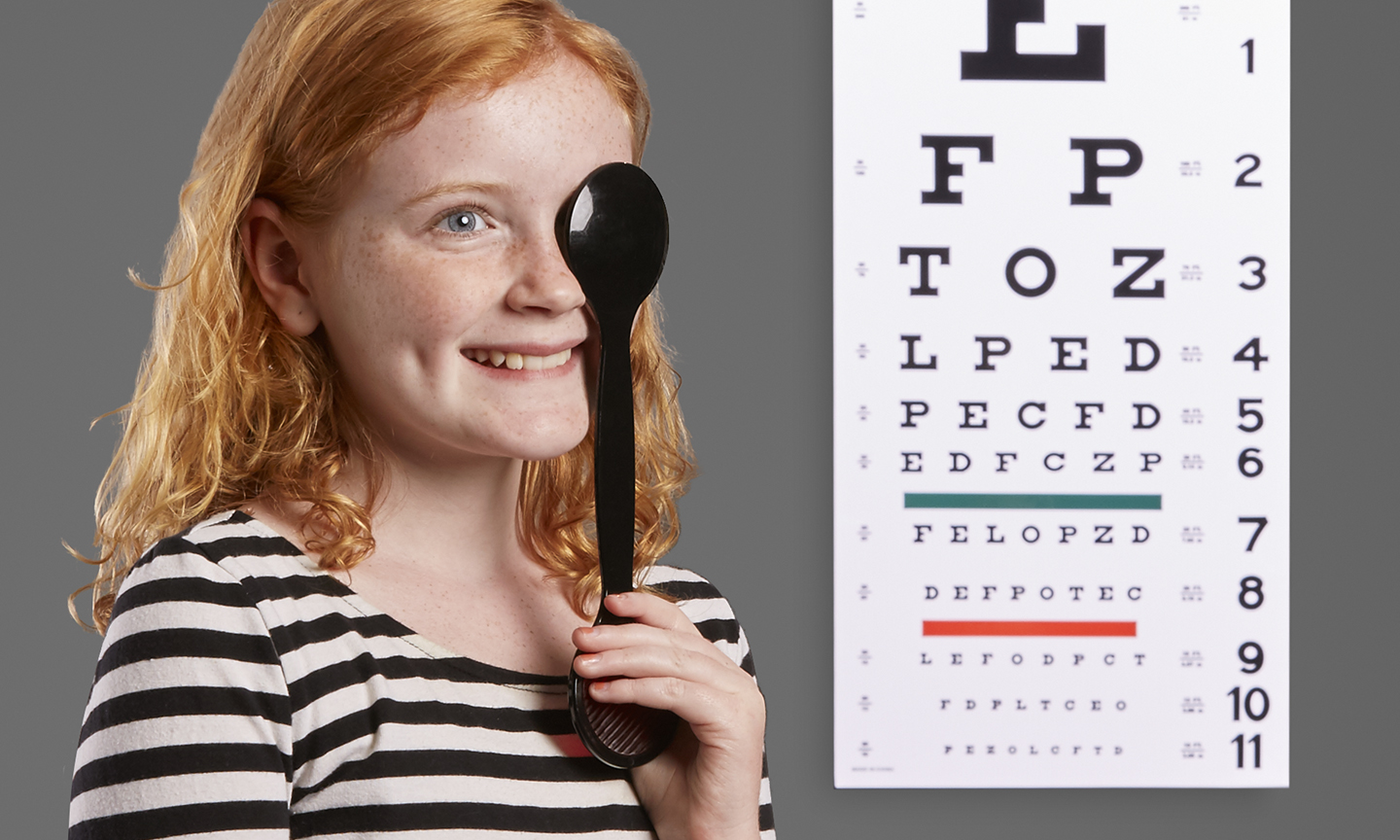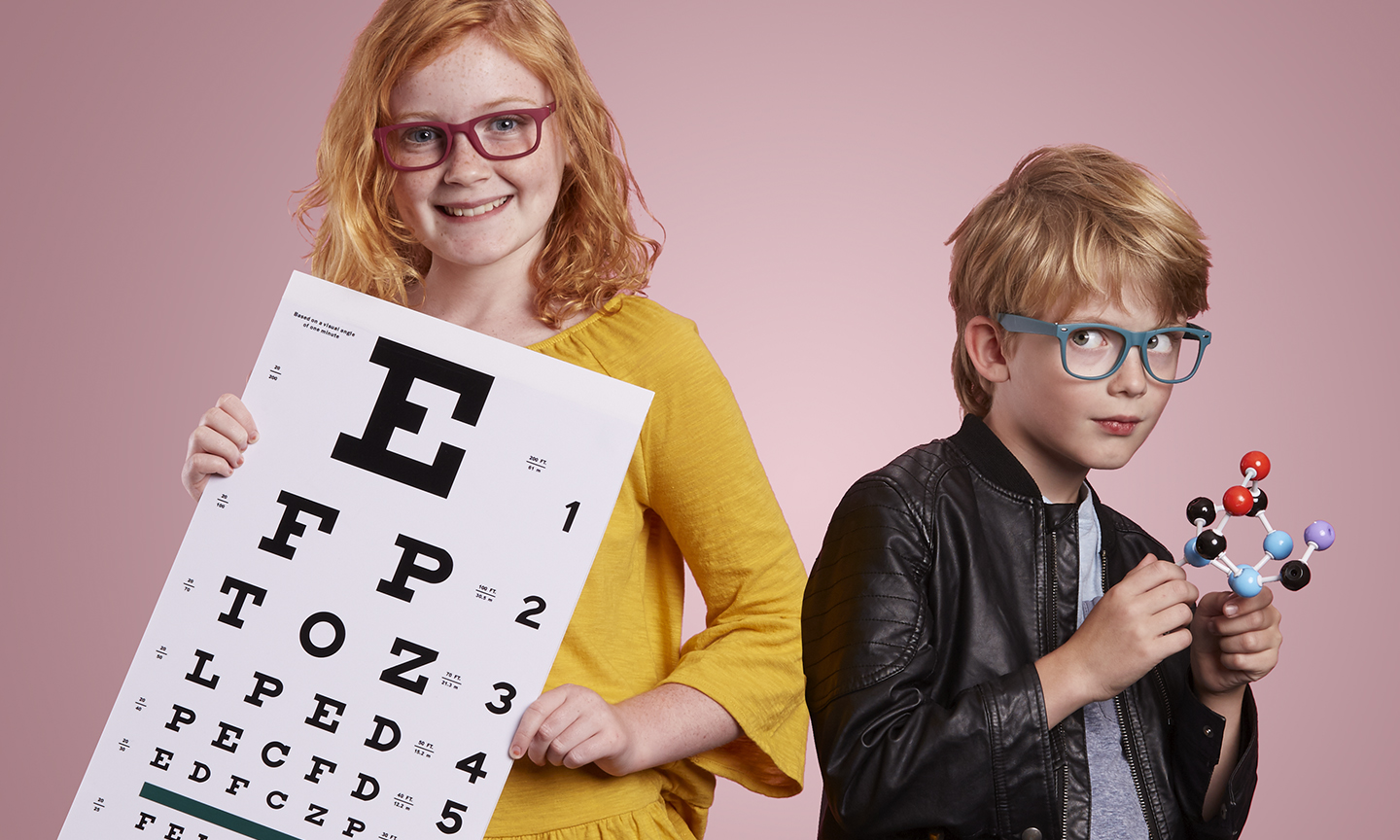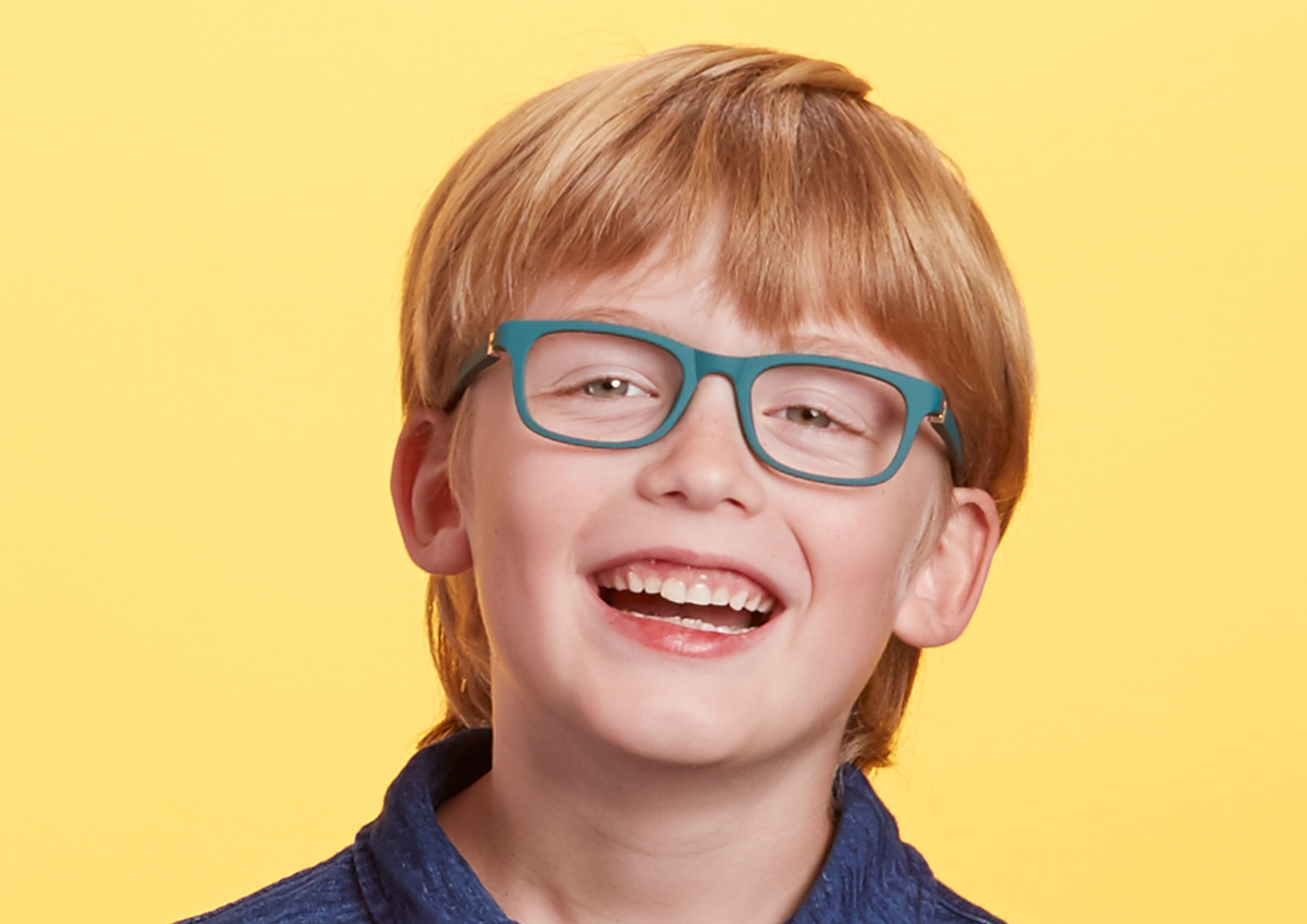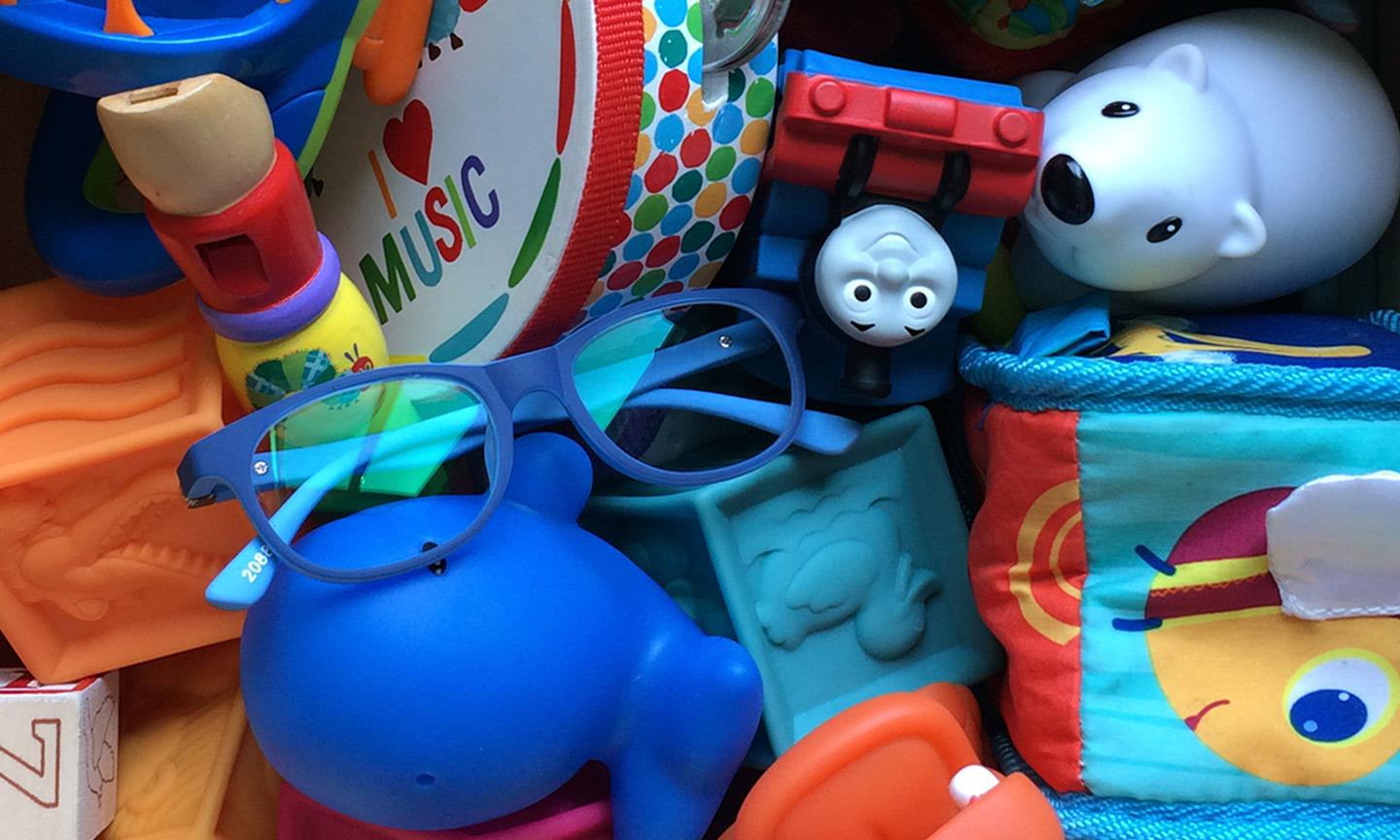Does My Child Need Glasses?

When it comes to vision, it’s not uncommon for kids to have issues long before anyone notices. In fact, changes in vision can be so gradual that even the child may not notice that they’re not seeing clearly. Parents should be on the lookout for signs of vision issues such as frequent squinting, or changes in the child’s behavior such as sitting closer to the TV or holding a book close to the face to read.
Vision problems in young children are being detected earlier than ever before thanks to advances in technology. A 2011 study published in the Pediatrics medical journal found that up to one out of 20 preschool-age children in this country has a vision problem.
So, when should your child start getting their eyes checked? It is generally recommended that children get eye exams within their first year, at age 3, then at age 6, and once a year thereafter.
If your child gets an eye exam and needs glasses, here are some general guidelines to keep in mind when picking out their first pair:

Frames
Glasses are having a fashion moment which is good news for any child that’s going from two eyes to four. When it comes to picking out glasses, style is key but comfort is critical. After all, it doesn’t matter how cute or cool the glasses are if they are uncomfortable to wear.
Choosing between plastic and metal frames primarily comes down to personal preference, but there are attributes of both to consider. For example, frames made with TR90 memory plastic are great for kids because they are very light, durable, and flexible. These frames can handle more rigorous activity with less fear of breakage. Metal frames made with titanium are extremely lightweight and durable but cost more than plastic frames. When it comes to metal frames, if your child has sensitive skin, you should avoid frames made with metal alloys and stick to hypoallergenic stainless steel and titanium frames.
For tips on how to pick the most flattering glasses for your child, check out the infographic What Are the Best Glasses for Your Face Shape.

Fit
The trickiest part with kids’ glasses is getting a proper fit on the nose bridge since children’s noses aren’t fully developed yet. Metal glasses usually have adjustable nose pads which help keep the glasses from slipping down the nose. Plastic frames usually don’t have adjustable nose pads but some frames have a smaller bridge to accommodate kids’ noses better.
The temple arms on glasses can usually be adjusted around the ear to make sure the glasses stay put.
For toddlers, you should consider glasses with a head strap to keep the glasses in place.
For more information on adjusting glasses, see How to Adjust Your Glasses.

Lenses
Kids need durable lenses that can stand up to everyday, rigorous activity. Choose impact-resistant polycarbonate or Trivex lenses for extra protection. Trivex lenses are also thinner and more lightweight than standard lenses and offer greater optical clarity.
Another lens consideration is blue blockers. High-energy visible (HEV) blue light is emitted from the sun, as well as artificial fluorescent and LED lights, and electronic devices such as computers/tablets, mobile phones, and TVs. Too much exposure to blue light can lead to health problems over time, including headaches, blurry vision, disrupted sleep, and even vision loss. Kids are especially vulnerable since their eyes have not yet developed natural defenses against blue light and UV exposure. Zenni’s Beyond UV lens is a virtually clear blue blocker lens that provides all-day protection from blue light and UV rays.
Photochromic lenses that automatically transition from clear indoors to tinted sunglasses outdoors are another good lens option to consider for kids’ glasses.
Back-Up Pair
It’s always a good idea to purchase a back-up pair of glasses for your child in the event that they lose or break their regular pair. This is particularly important if they have a higher prescription and can’t see well at all without their glasses. Fortunately, Zenni’s affordable eyewear makes it possible to own multiple pairs of glasses without breaking the bank. Check out our selection of children’s glasses here.


 United States
United States